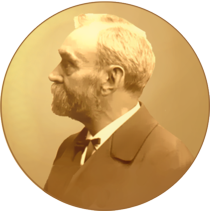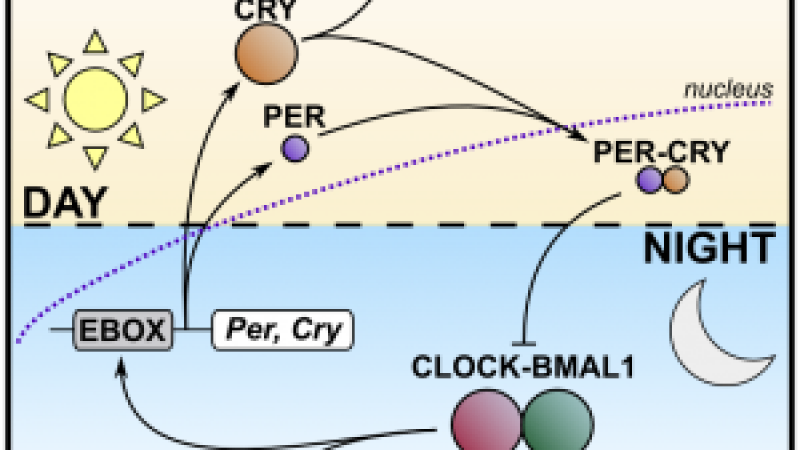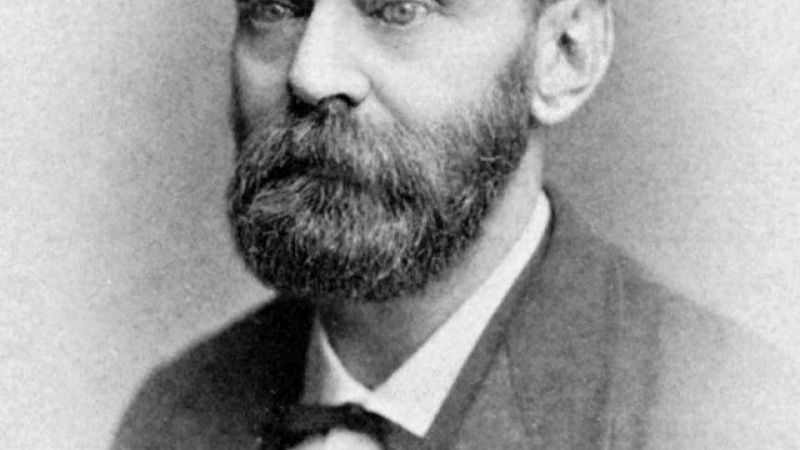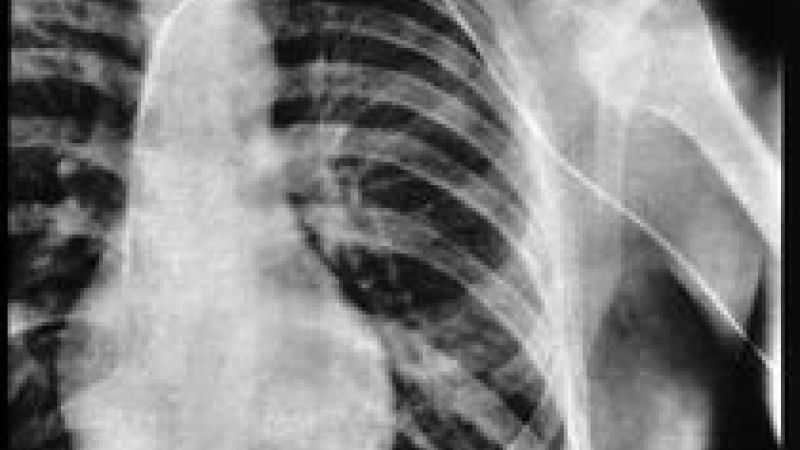Text to go here...
 The Nobel Prize in Physiology or Medicine 2013 was awarded jointly to James E. Rothman, Randy W. Schekman and Thomas C. Südhof "for their discoveries of machinery regulating vesicle traffic, a major transport system in our cells".
The Nobel Prize in Physiology or Medicine 2013 was awarded jointly to James E. Rothman, Randy W. Schekman and Thomas C. Südhof "for their discoveries of machinery regulating vesicle traffic, a major transport system in our cells".
This announcement marks the 104th Medicine Nobel Prize and just like 85% of the previous Prizes, this work relied on the use of animals in research. Schekman and Rothman both studied the genes responsible for trafficking proteins around the cell, with Rothman's study of ovary cells from Chinese hamsters complementing Schekman's studies in yeast. Südhof worked to better understand the proteins involved in neurotransmission, isolating proteins from the brains of rats and using GM mice to examine the roles of specific proteins.
Schekman and Rothman were jointly awarded the Lasker prize in 2002, and Südhof won it last month.
Last year’s Nobel Prize winners John Gurdon and Shinya Yamanaka were awarded for their work in reprogramming mature cells. Gurdon began his work by successfully cloning a frog back in 1962, while 40 years later Yamanaka transformed mouse skin cells to become like stem cells.
Read more here: Nobel press release
Last edited: 11 March 2022 08:48




